Sergio Ortíz Borbolla: ‘There are people who wait for months in tents to cross the Darién’
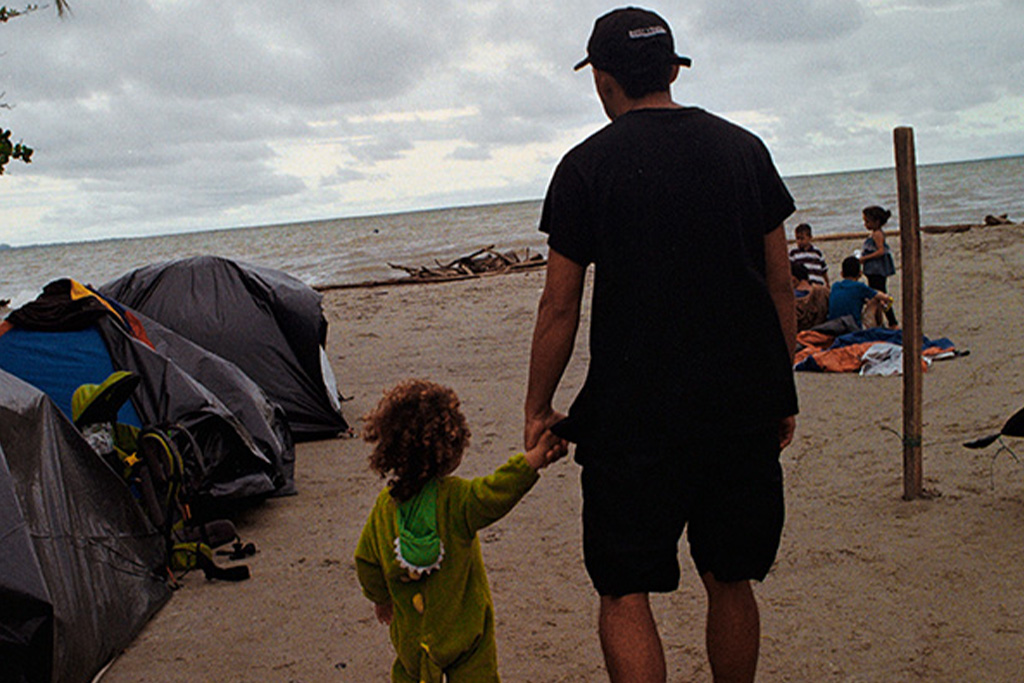
The Colombian town of Necoclí is, for hundreds of thousands of people, the gateway to the Darién jungle, one of the most dangerous points on the migration route to the United States. Sergio Ortíz Borbolla, co-founder of In.Visibles, travelled to the area with a team from the Washington Office on Latin America. This is what he saw.
The Tren de Aragua behind the sexual exploitation of migrants in Latin America

Beauty contests, marketing agencies and prison visits have been some of the Tren de Aragua’s most common strategies to recruit women and girls for sexual exploitation across Latin America. A team of journalists from Colombia and Venezuela reconstructed, through intercepted audios of the mega-gang, testimonies of trafficked migrant women and statements from government officials, the way in which the crime organisation operates and its impact on vulnerable groups.
The Aragua Train is expanding in Chile. Here’s how
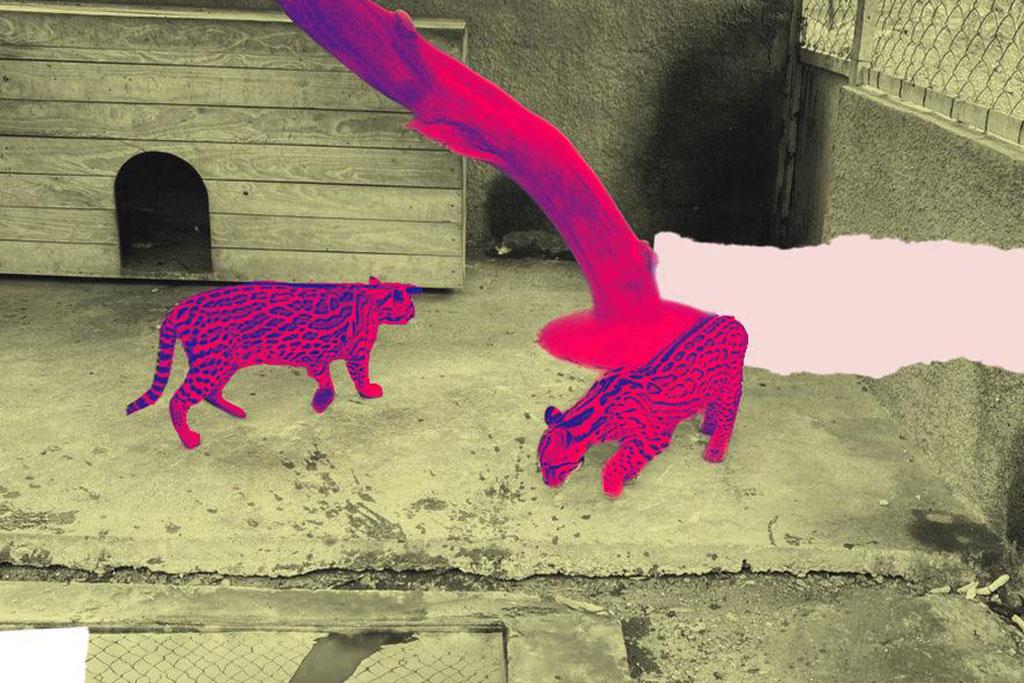
The Venezuelan mega-gang Tren de Aragua is the first transnational organised crime group to operate in Chile, a country experiencing a crime crisis of historic proportions. Here’s how they did it, the names behind the phenomenon and what’s to come.
Gold, drugs and violence: The Aragua Train Venezuela’s Mining Arc
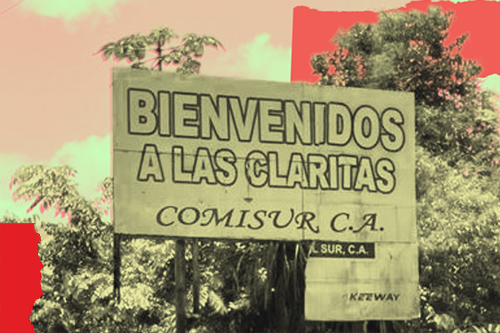
The Aragua Train extended its criminal control to strategic areas of Venezuela, such as the Orinoco mining arc, where it imposed itself as the de facto authority. Ronna Rísquez describes what she found in the state of Bolívar.
Extortion in Uniform: Caught Between Violent Gangs and Corrupt Police in Venezuela’s Cota 905
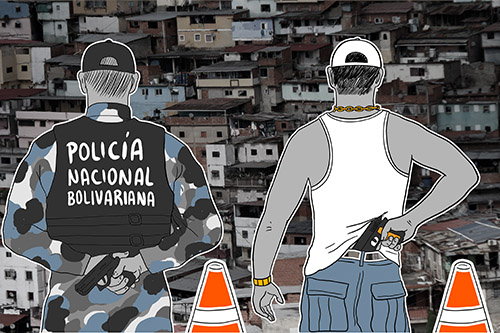
In 2021, one of Caracas’s most marginalized neighbourhoods was the scene of an unprecedented intervention by state security forces to tackle a notorious criminal gang that had controlled the area for nearly seven years. People living in Cota 905 now say the police is targeting them for money.
Ecuador: Journalists on the front line and without protection
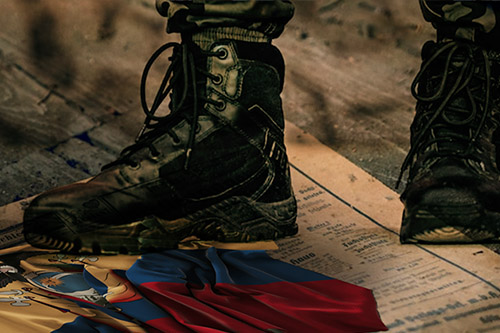
The murder of three reporters in 2018 marked a milestone in the escalation of crime in Ecuador. Five years later, violence at the hands of criminal organizations and a lack of government protection are pushing many to self-censor or leave the country, creating serious information gaps. These are their stories.
